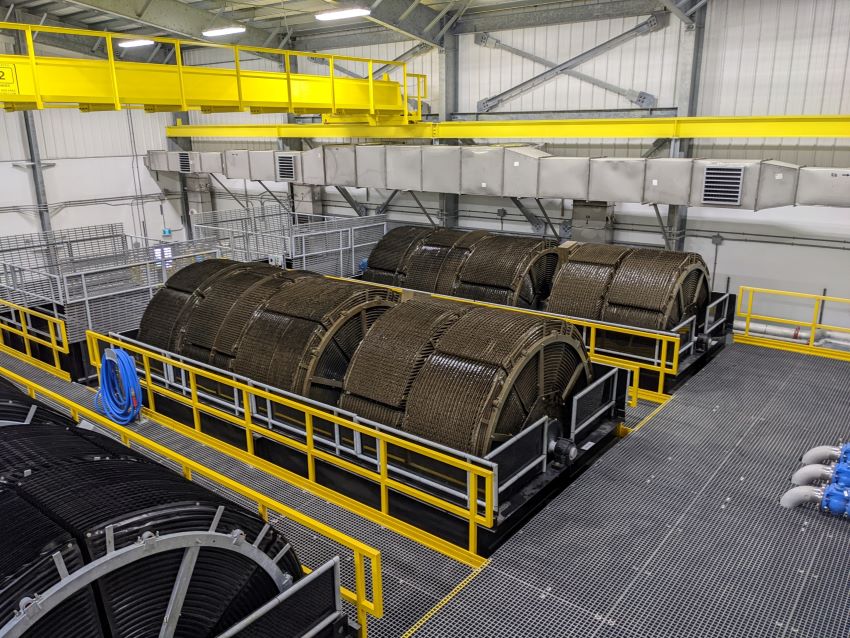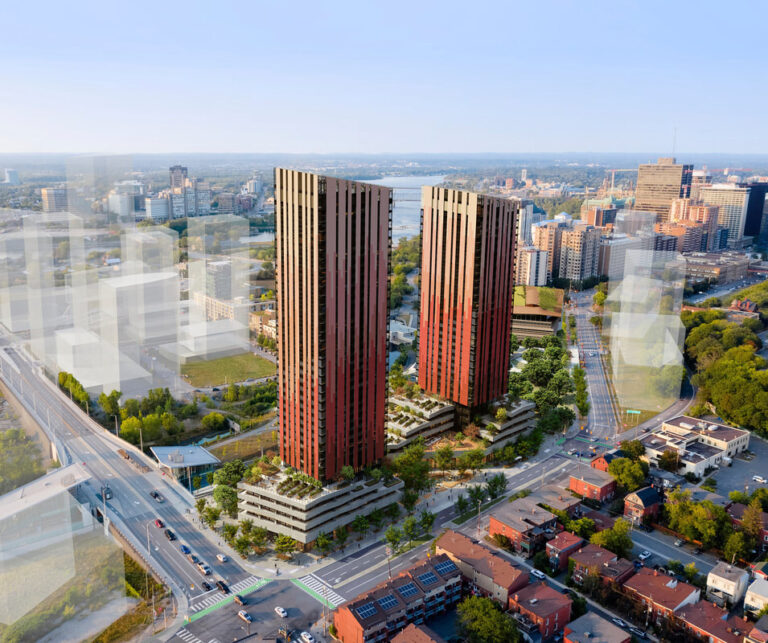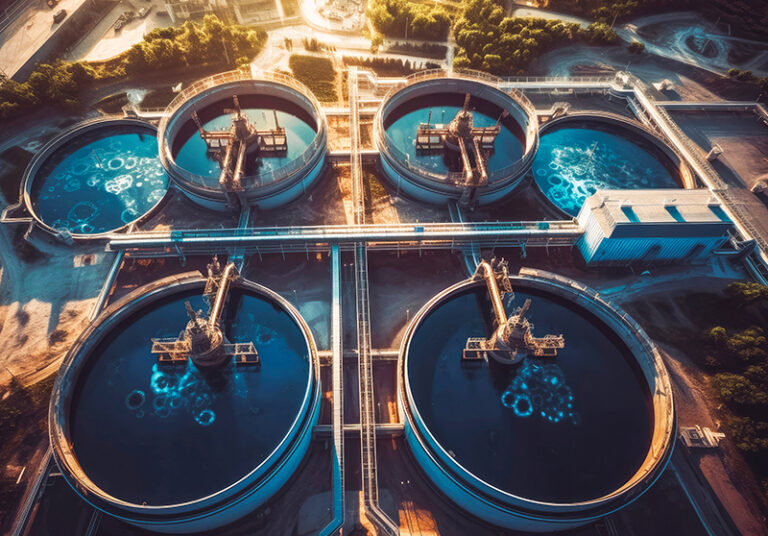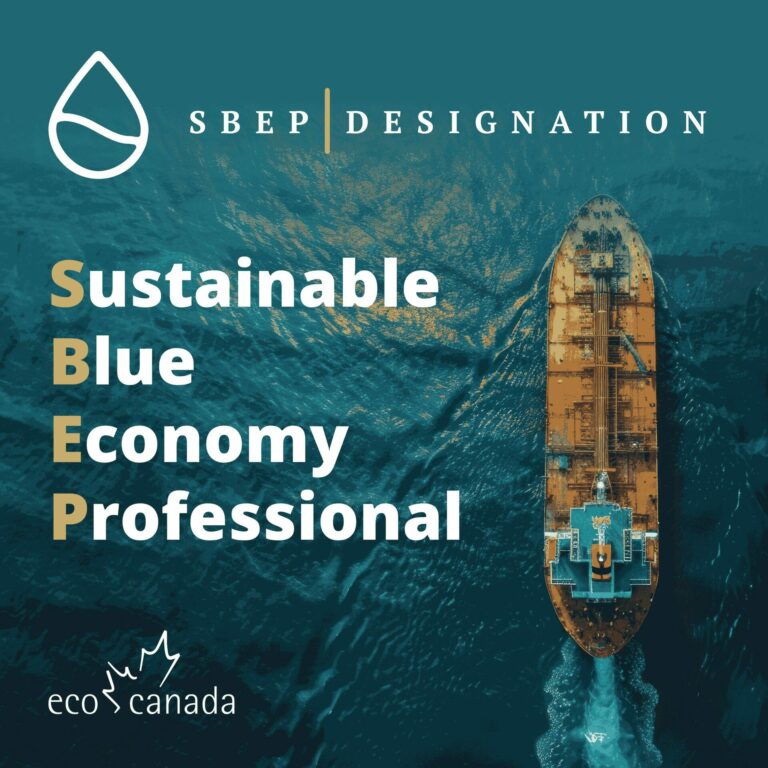Ahousaht, Traditional Nuu-Chah-Nulth Territory, B.C. – Ahousaht First Nation is celebrating the completion of their new wastewater treatment plant, located at Ahousaht First Nation’s Maaqtusiis Reserve No. 15.
This plant replaces the old septic tank treatment and lift station, as well as the old outfall pipe, which was located in an area with a shellfish habitat sensitive to sewage contamination. The old system was unable to properly protect seafood safety and did not meet regulatory standards.
The new plant will provide adequate wastewater collection, secondary (biological) treatment with disinfection, and marine disposal while meeting both the federal Wastewater Systems Effluent Regulations and the BC Municipal Wastewater Regulation. This larger infrastructure will have the capacity to support future population growth in the community and support seafood safety by protecting local marine ecosystems.
The new wastewater treatment plant became operational in 2022 and will be maintained by trained operators from Ahousaht First Nation.
Through Indigenous Services Canada, the Government of Canada provided $25 million towards this project, which includes the construction of a new wastewater pump station, force main, operational buildings and marine outfall pipe.
“Ahousaht Nation acknowledges the collaborative effort that has been undertaken to accomplish the completion of the new wastewater treatment plant. As an oceanic people, our marine ecosystem and aquatic food systems are integral and interconnected to our way of life. The improvements offered through this updated waste water treatment facility will not only sustain our efforts to enhance and protect our environment, it will also greatly improve our quality of life. Thank you to former council, the Government of Canada and all of the workers that have made this possible.” – Chief n̓aasʔałuk (John Rampanen)
Ahousaht First Nation
Quick Facts
- Ahousaht First Nation is a remote community located on Flores Island off the West Coast of Vancouver Island in British Columbia, and is only accessible by ferry or plane.
- Ahousaht First Nation is a member of the Nuu-chah-nulth Tribal Council, along with 13 other First Nations.
- The new wastewater system is designed to accommodate 1,300 people. The community currently has 743 members living on the reserve.
- Working in partnership with First Nations communities to improve on-reserve water, wastewater infrastructure and expand access to clean drinking water is a priority for Indigenous Services Canada (ISC).
- Investing in Indigenous community infrastructure progress as of December 31, 2021:
- 873 water and wastewater-related infrastructure projects:
- 454 projects completed
- 419 projects ongoing
- 587 First Nations communities benefitting
- $2.29 billion of targeted funds has been invested to support infrastructure projects related to water and wastewater, including:
- 108 new water and wastewater treatment plants or lagoons
- 555 renovations and upgrades to existing water and wastewater systems
- 115 feasibility study and design projects
- 95 supporting projects and initiatives, including training and capacity building
- 873 water and wastewater-related infrastructure projects:
- The Government of Canada is working with First Nations communities to achieve clean drinking water on reserves. Since November 2015, and as of July 8, 2022, 132 long-term drinking water advisories have been lifted, with 34 remaining in 29 communities. In addition, 222 short-term drinking water advisories have been prevented from becoming long term









